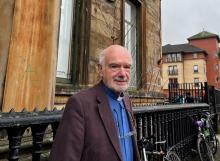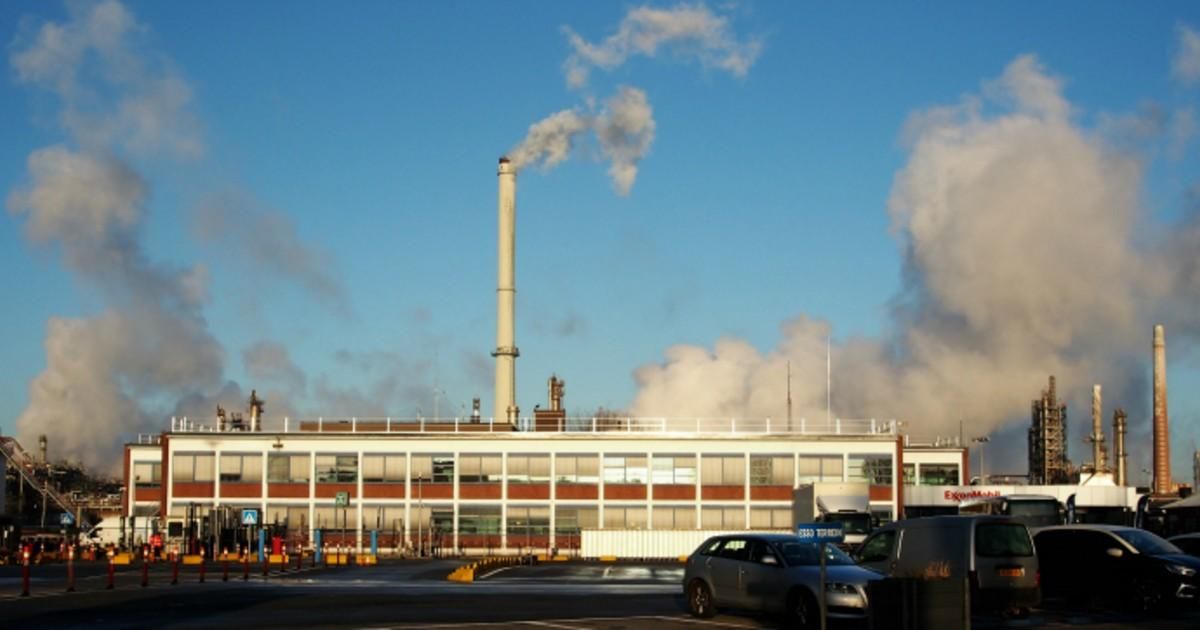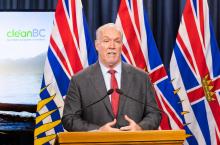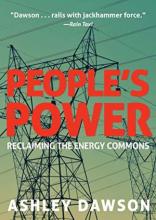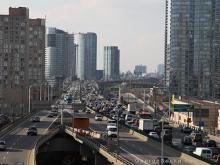November 9th 2021
Rev. David Haslam, a well-known British human rights and tax justice firebrand, has this little joke he tells. “I am really worried about the souls of the wealthy.”
“If we are going to save their souls, we’re going to have to take some money off them.”


